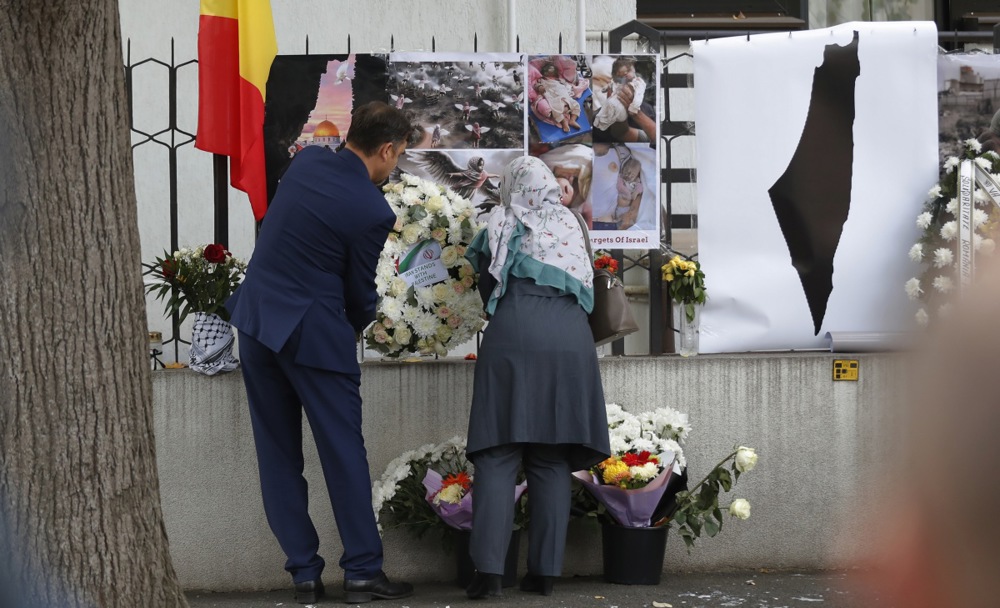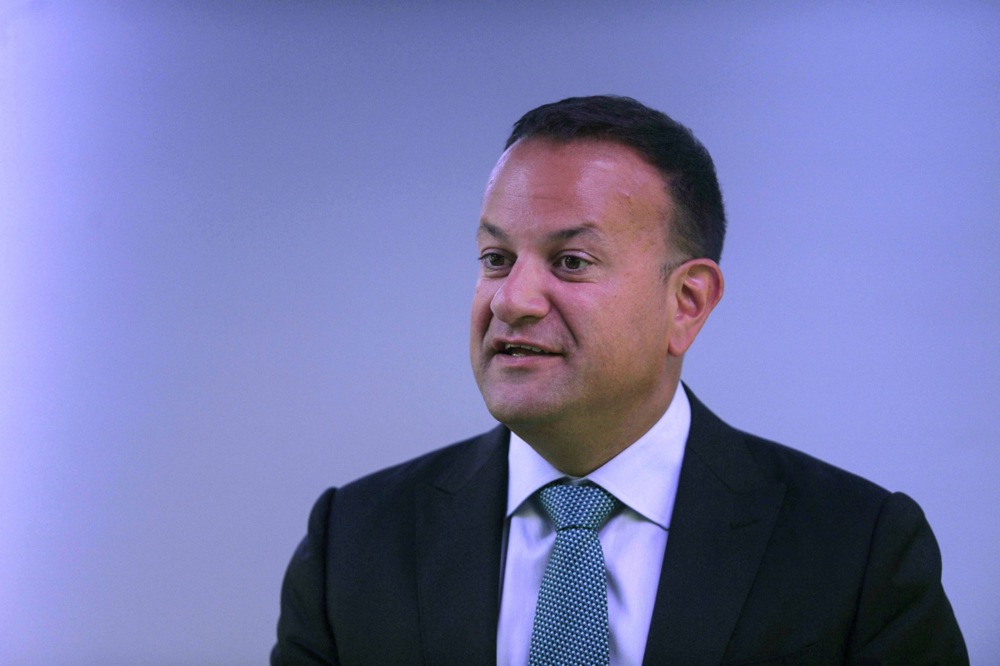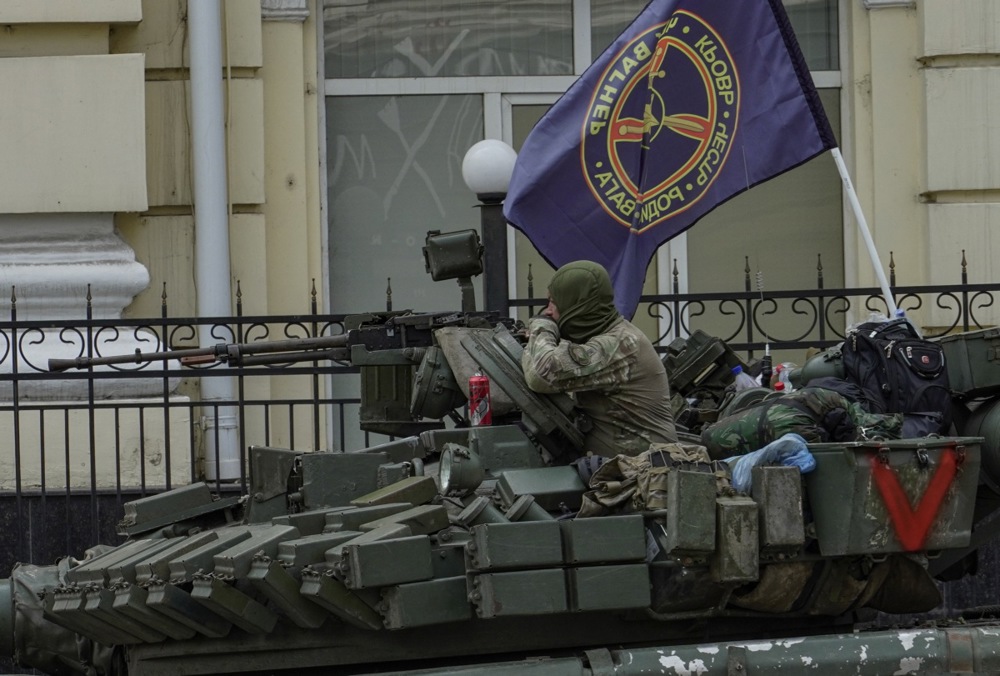The fall-out from the Israel-Hamas war is starting to be felt in the Balkans, where greater numbers of Palestinian refugees are arriving. Israel and Iran now compete for influence in the region alongside Russia, China and the European Union.
The number of irregular migrants arriving in the Balkan region has doubled since a year ago, and a quarter of these are Palestinians, says the UN.
“With the Middle East conflict, I believe polarisation in the Balkans will just increase,” Ivana Stradner, a research fellow at the Washington-based Foundation for the Defence of Democracies, told Brussels Signal.
There are increasingly frequent “pro-Palestinian protests in the region and this is in part because they see the West supporting Israel, and people protest everything that’s ‘pro-Western’,” she said.
Such protests in Belgrade, Sarajevo and Podgorica this month attracted thousands of participants, with demonstrators drawing parallels between the Balkans’ experience of fighting in the 1990s and the conflict underway in the Middle East.
With increased migration as Palestinians flee Gaza “We can expect the weaponisation of migration, which is a well-known Russian playbook,” Stradner added.
The Western Balkans are one of the main migratory routes into Europe and, as the Israel-Hamas conflict grows more protracted, the Balkans’ refugee crisis is becoming more severe.
Stradner forecast: “[This] will be followed by disinformation campaigns to further polarise the region over ethnic and religious lines.”
Polarisation in the Balkans “is massive and religion plays a very important role”, Stradner said.
There is “already a disinformation campaign that Muslims want to kill Orthodox Christians in the Balkans”, she stated.
Iran supported Bosnia in the 1992-1995 Bosnian War but “this time Serbia is also building close ties with Iran,” Stradner added.
With Tehran increasingly seeking opportunities for geopolitcal influence in the Balkans, Albania would likely be a particular target, it is claimed.
The country hosts an anti-regime Iranian group called Mojahedin-e-Khalq and last year severed diplomatic ties with Iran over alleged cyber attacks.
Russia, China and Iran “are pushing Serbia to create new conflicts with Kosovo and Bosnia”, said Ardian Hoxha, an angel investor in Kosovo.
Tourists and embassies could provide easy targets as the Middle East conflict threatens to spread into the Balkans.
Hezbollah, a Lebanese paramilitary group backed by Iran, already attacked Israeli tourists in the Bulgarian city of Burgas in 2012. The US Embassy in Sarajevo was targeted in 2011 by a radicalised individual named as Mevlid Jašarević, a Bosniak holding Serbian citizenship.
A potentially positive outcome for migrants reaching the Balkans and remaining there is that they will find themselves in countries with labour market shortages.
“Serbia, for example, is very keen on new migrants, and I see that from clients and businesses now almost on a daily basis”, said Bogdan Gecič, a partner in a law firm in Serbia.
“There’s a lack of labour force, white-collar but even more blue-collar,” he added.
Eight countries in the region are EU accession candidates including Turkey, North Macedonia, Montenegro, Serbia and Bosnia and Herzegovina.





